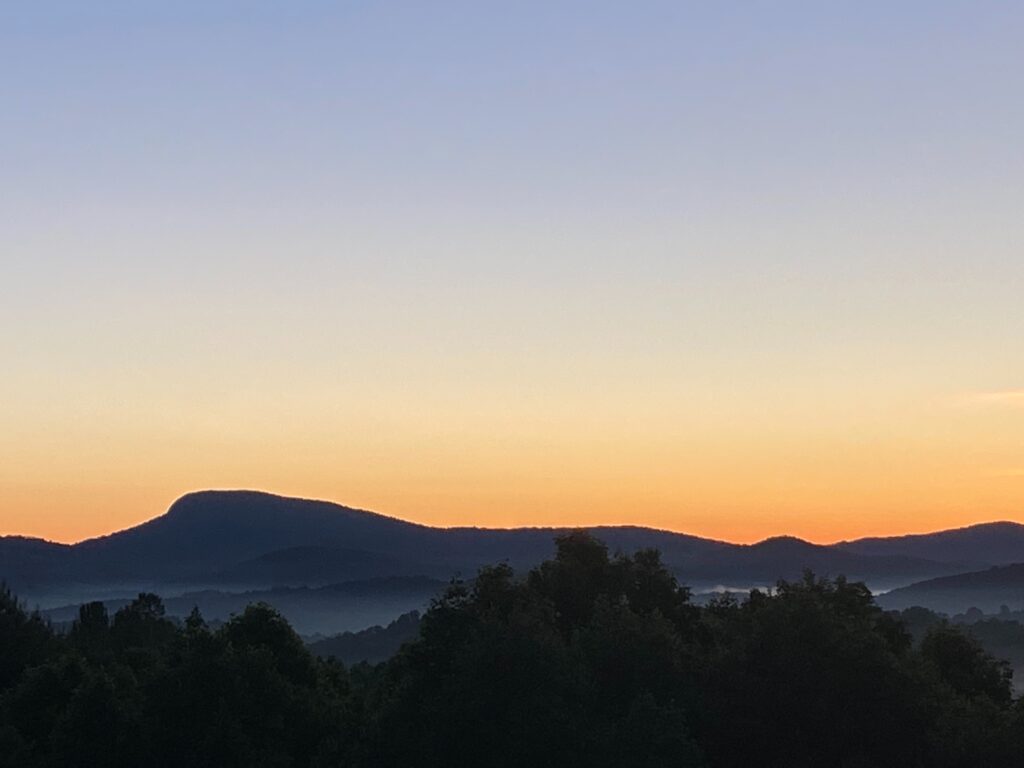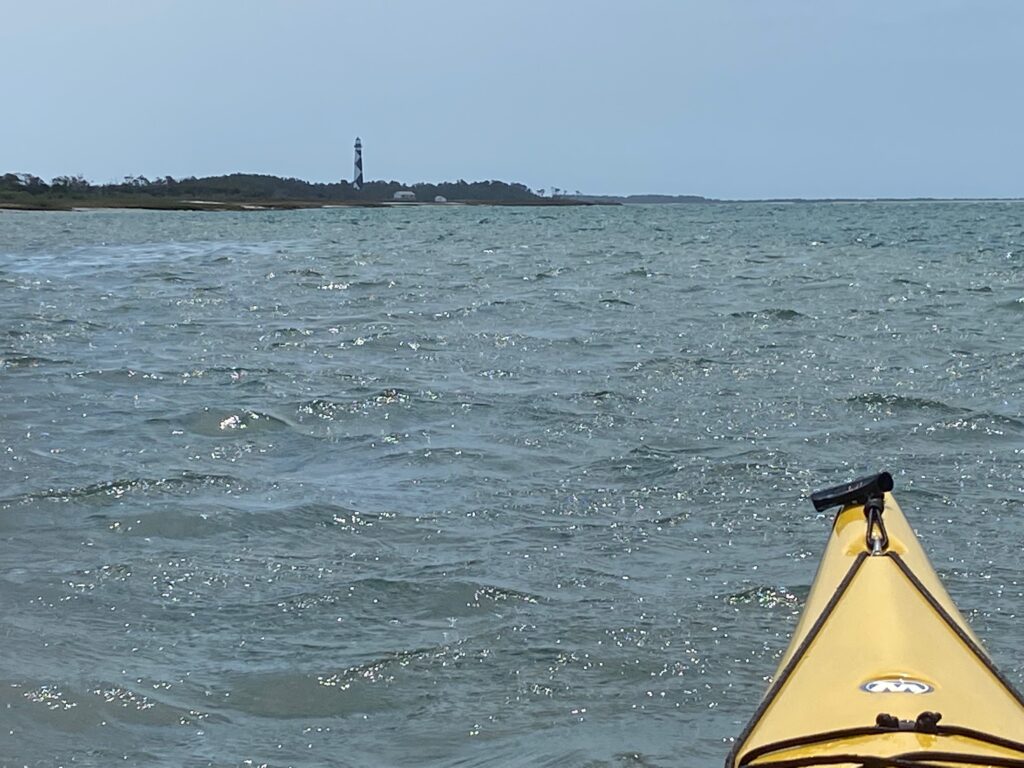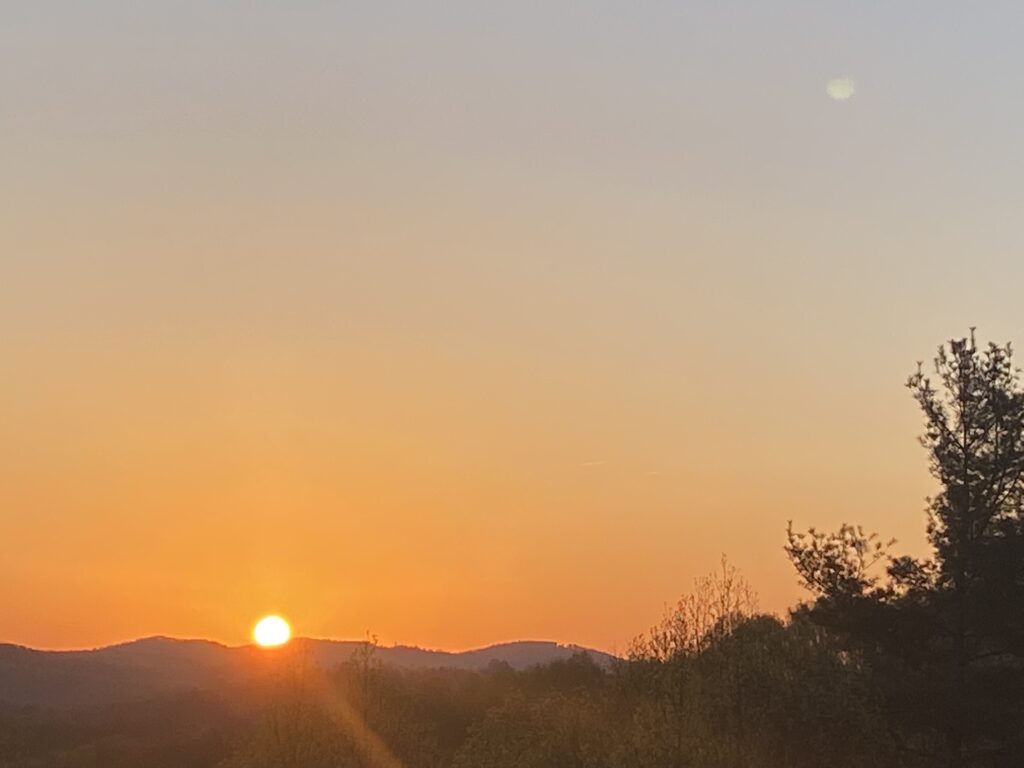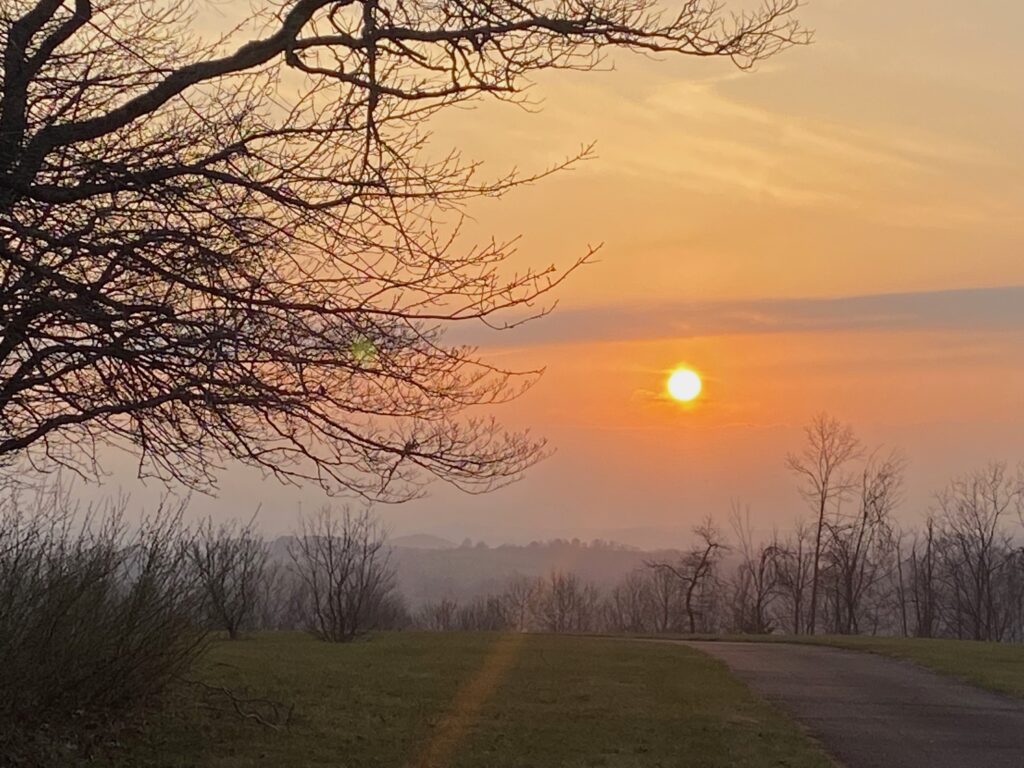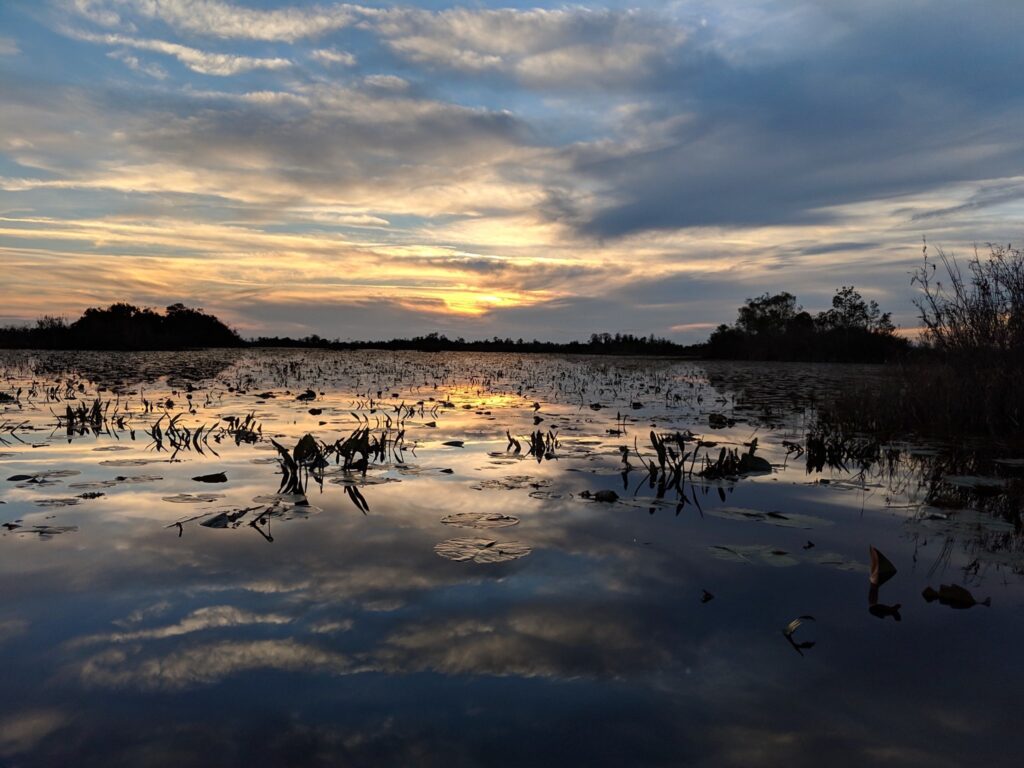Jeff Garrison
Bluemont and Mayberry Churches
June 12, 2022
Luke 7:36-50
At the beginning of worship:
The first great end of the Presbyterian Church is “the proclamation of the gospel for the salvation of humankind.”[1] In other words, we’re to bring people into a relationship with Jesus Christ for he is the way to salvation.[2] By teaching and sharing Jesus’ story, we participate with God’s work through the Holy Spirit to help people know Jesus. Everyone needs to understand God’s love for the world as demonstration in the sending of a Son, our Savior and Lord.[3]
Think about your role. How can you help people know Jesus? One way is by inviting them to church or to a church function like a Bible study or a fellowship event. We need to get to know people. We should show people that we’re a pretty good bunch of people and that, like Jesus, we’ll accept them and not be judgmental. For we know Jesus accepted us, faults, and all, as he has called us to repentance and offered his grace. Jesus is gracious to us; we’re to be gracious to others.
Before the reading of scripture
Today we’re beginning a trip through the middle of Luke’s gospel. In these passages, I will highlight why it is important for people to experience Jesus and our responsibility to bring this about.
After Scripture
Everlast, “What’s It’s Like”
While I’m not a big rap fan, one rapper I sometimes listen to is Everlast. A “white” rapper, he’s a good musician. Carlos Santana demands such. I became aware of Everlast through music he made with Santana.[4] Like most rappers, his lyrics contain explicit language. But they also contain a message. If you cleaned up the words, his song, “What’s It’s Like” could be an appropriate hymn to go with today’s text.
We’re all seen a man at the liquor store beggin’ for your change.
The hair on his face is dirty, dreadlocked and full of mange.
He asks a man for what he could spare with shame in his eyes.
“Get a job, you [blankly] slob” is all he replies.
Then comes the chorus. This should make us think:
God forbid you ever had to walk a mile in his shoes
‘Cause then you really might now what it’s like to sing the blues
Then you really might know what it’s like…[5]
This song continues with the story of a pregnant teenager, a drug addict, and other down and out examples. We also hear the abuse they receive. But what would Jesus say? What would Jesus do?
How would Jesus treat someone who’s down and out?
Our passage today provides a hint at what our Savior might say to the person down and out. The text makes it clear, the sinful woman who busts into the party isn’t appreciated by anyone but Jesus.
But maybe turn-around is fair play. After all, this is the second dinner party in Luke’s gospel where Jesus finds himself being judged. The first, thrown by Levi, had a bunch of tax collectors. And the pharisees, witnessing this, complain to Jesus’ disciples, wanting to know why Jesus eats and drinks with tax collectors and sinners.[6]
Why is Jesus in the home of a Pharisee?
And now Jesus is in the home of a pharisee. We might wonder why Jesus would go to a pharisee’s home. After all, he had a lot of problems with tax pharisees. But it appears Jesus likes Simon. Besides to be in fellowship with one group and not the other, while you’re teaching about love, would show prejudice.[7]
When we set out to right the world, we’re always in danger of just sticking with those who think like us or look like us. And then, our focus becomes myopic. We see the faults of others, and not of ourselves and those like us. Self-righteousness leads us down the wrong path, as we see with Simon. So yes, Jesus eats with those labeled by society as sinners. But Jesus also eats with those seen as righteous. And, knowing their hearts, he knows both need grace.
This is an important message. Don’t ever think anyone doesn’t need to know about Jesus and his love and grace. We shouldn’t set those who seem to be righteous on a pedestal nor should we look down on those whose faults are so visible to everyone. We don’t know people’s hearts.
Why did Simon invite Jesus
I wonder why Simon invited Jesus to dinner. Simon, with what we’re told in the text, doesn’t seem to be setting Jesus up for entrapment.[8]That happens with others pharisees and in other places in the gospels,[9]but Simon appears genuinely interested in Jesus. He even refers to Jesus as a teacher, or rabbi, a title of honor in the day. “Maybe Jesus is a prophet,” Simon thinks. “After all, it’s been centuries since Israel had a prophet.”[10] I expect Simon feels blessed to be able to spend some quality time with Jesus, getting to know this interesting teacher who has become somewhat of a celebrity.
While I don’t think Simon was out to entrap Jesus, I do think he had certain expectations of him as a guest in his home.
Simon’s home invaded
Simon may have wondered if his luck had run out when a woman, a known sinner, interrupts his cozy meal with Jesus and a few of his friends.
Now, let me say something about the woman’s sinfulness. It doesn’t say in the text that she was a prostitute, but throughout the centuries, that’s been her cast. The loose hair and the expensive bottle of perfume seem dead giveaways. But that’s reading into the text our own values. Unmarried women were not expected to wear their hair up and the alabaster jar, for all we know, may have been an inheritance. Furthermore, Luke doesn’t really address prostitution.[11] The only thing we can be certain of is that she was publicly known as a sinner.
The persistent woman
The woman’s perseverance reminds me of a tiny enthusiastic flea who can worry an entire dog. She’s determined. She forces herself in someone else’s home and positions herself by the guest of honor. Look at the active verbs that indicate her determination: she learned where Jesus was at, she brought ointment, she stood behind his feet, she weptwhile she washed and wiped, kissed, and anointed his feet.[12] Eight strong verbs illustrate her determination.
The woman’s grit rubs Simon the wrong way. All the while, Jesus remains calm as she washes his feet using only her tears. She dries them with her hair, kisses them, and anoints them with ointment. After a lot of walking around Galilee, I’m sure Jesus appreciated such care. But Simon now thinks Jesus is a fraud. A prophet would know better and shoo away such a sinful woman.
Jesus responds publicly to Simon’s private thoughts
Yet, Simon keeps his thoughts to himself. Jesus, knowing Simon’s thoughts, responds with a parable. To put this parable in modern day terms, two individuals owed the bank money. One owed a five thousand dollars and the other a hundred thousand dollars. The text uses the terms 50 and 500 denarii. A denarii was the rate of pay for a day laborer, which is how I came up with my equivalents in today’s dollars.
The bank forgives both loans. Fat chance, we say, but remember this a parable, a story told as an example, not an actual incident. Bankers weren’t any more forgiving in the first century than today.
But for illustration, the banker writes off the debt of both. Jesus asks Simon which individual loved the banker the most. Simon answers, the one forgiven the most.
This sets the stage for Jesus to compare the woman with Simon. Simon, whom we assumed had little for which to be forgiven, didn’t perform any acts of adoration upon Jesus. However, this nameless sinful woman worships him with expensive ointments and her own tears. She shows hospitality beyond that which Simon has shown. “Your sins are forgiven,” Jesus says. “Your faith has saved you; you can go in peace.”
Jesus’ forgiving sin
The folks sitting around the table are amazed by Jesus’ words. After all, only God can forgive sins, they think. And they’re right, but they just don’t yet know Jesus’ identity.
Interestingly, our text leaves us hanging. The question of forgiving sins is not addressed in this text. Nor do we know if Simon became a follower of Jesus. Maybe he did. We can only hope. After all, another pharisee, one who appears to have been even more self-righteous than Simon, meets Jesus on the Damarcus Road and becomes the greatest Christian missionary ever.[13]
Lessons from the text
What might we learn from this text? How about this: everyone needs grace. This includes the sinful woman and the honored pharisee. One may be forgiven a little, the other a lot, but both stand in need of forgiveness.
As Christians, we’re in the forgiveness business. This is why Jesus set up the church: to show grace. Which leads me to a second truth from the text. Never belittle the sinful who seek forgiveness. Instead, we’re to be like the angels who rejoices when even one sinner repents.[14]
May our community of faith be known to be gentle and caring, like Jesus. Amen
[1] Presbyterian Church, USA, Book of Order (2017-2019), F-1.0304.
[2] John 14:6.
[3] John 3:16.
[4] Everlast and Santana “Put Your Lights On” was released in 1999 and won a Grammy as the Best Performance by a Duo or Group with Vocals at the 42nd Annual Grammy Awards.
[5] Everlast, “What It’s Like,” on the album Whitey Ford Sings the Blues (1998).
[6] Luke 5:29-30. See James R. Edwards, The Gospel According to Luke (Grand Rapids, MI: Eerdmans, 2015), 226.
[7] Fred B. Craddock, Luke, Interpretation, A Bible Commentary for Teaching and Preaching (Louisville, KY: John Knox Press, 1990), 104.
[8] Edwards, 226; Craddock, 104.
[9] Examples: Matthew 12:38f, 15:1f, 16:1f, 19:3, 22:15f; Mark 7:5, 8:11f, 10:2f, 12:13f; Luke 6:7f, 14:1f; John 1:24f.
[10] I’m speaking of a prophet who left writings behind for John the Baptist was a prophet (Matthew 14:5). The last prophet to leave behind writings was Malachi, whose ministry was after Israel returned from Babylonian exile.
[11] Luke’s sole mention of prostitute is 15:30 (Prodigal Son). For more discussion on why we shouldn’t immediately consider her a prostitute, see Edwards, 227-229. Norval Geldenhuys’ considers her a prostitute in his commentary. See The Gospel of Luke NICNT (Grand Rapids: Eerdmans, 1983 reprint), 236 note 4.
[12] Edwards, 228.
[13] Edwards, 231.
[14] Luke 15:10.


